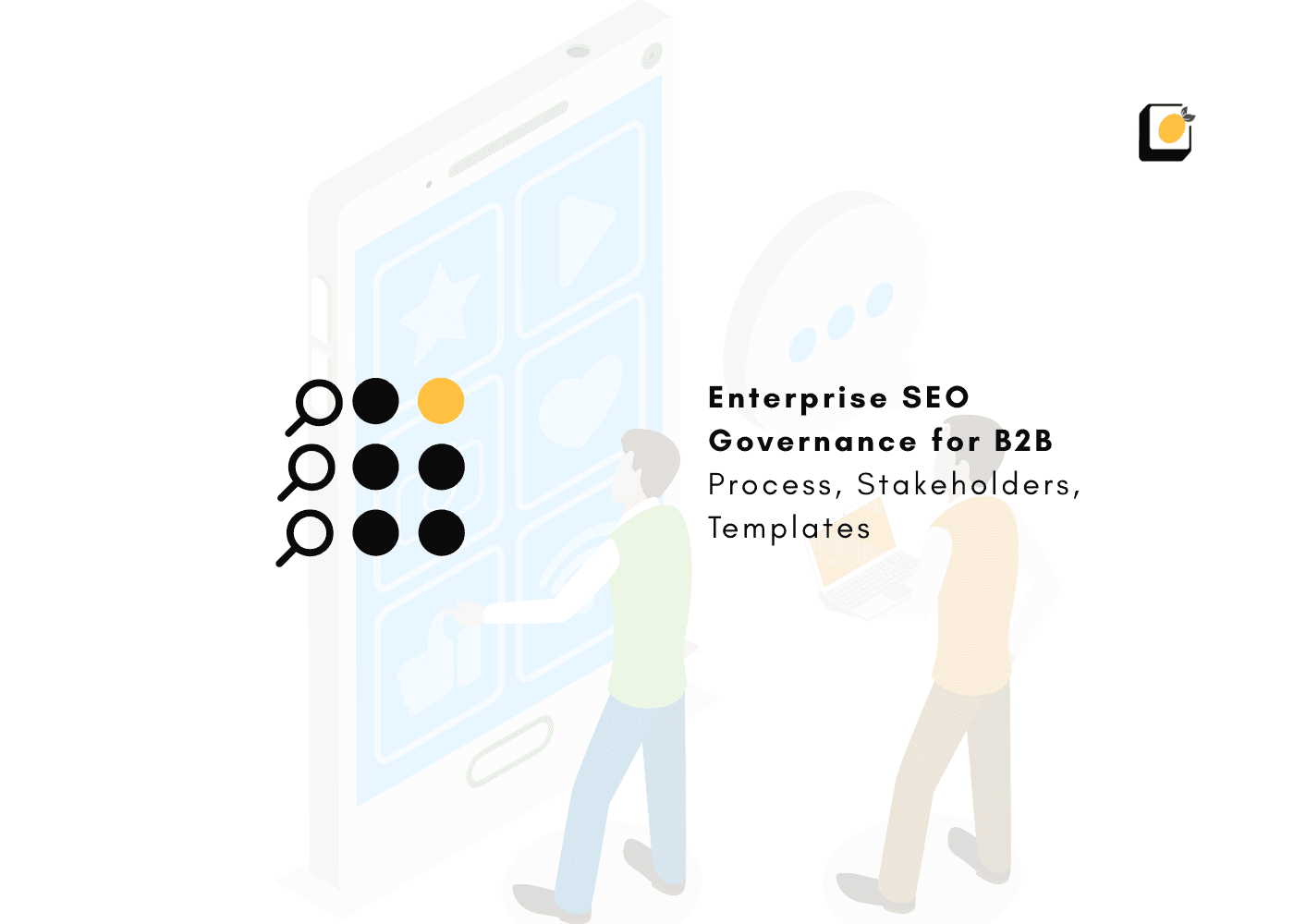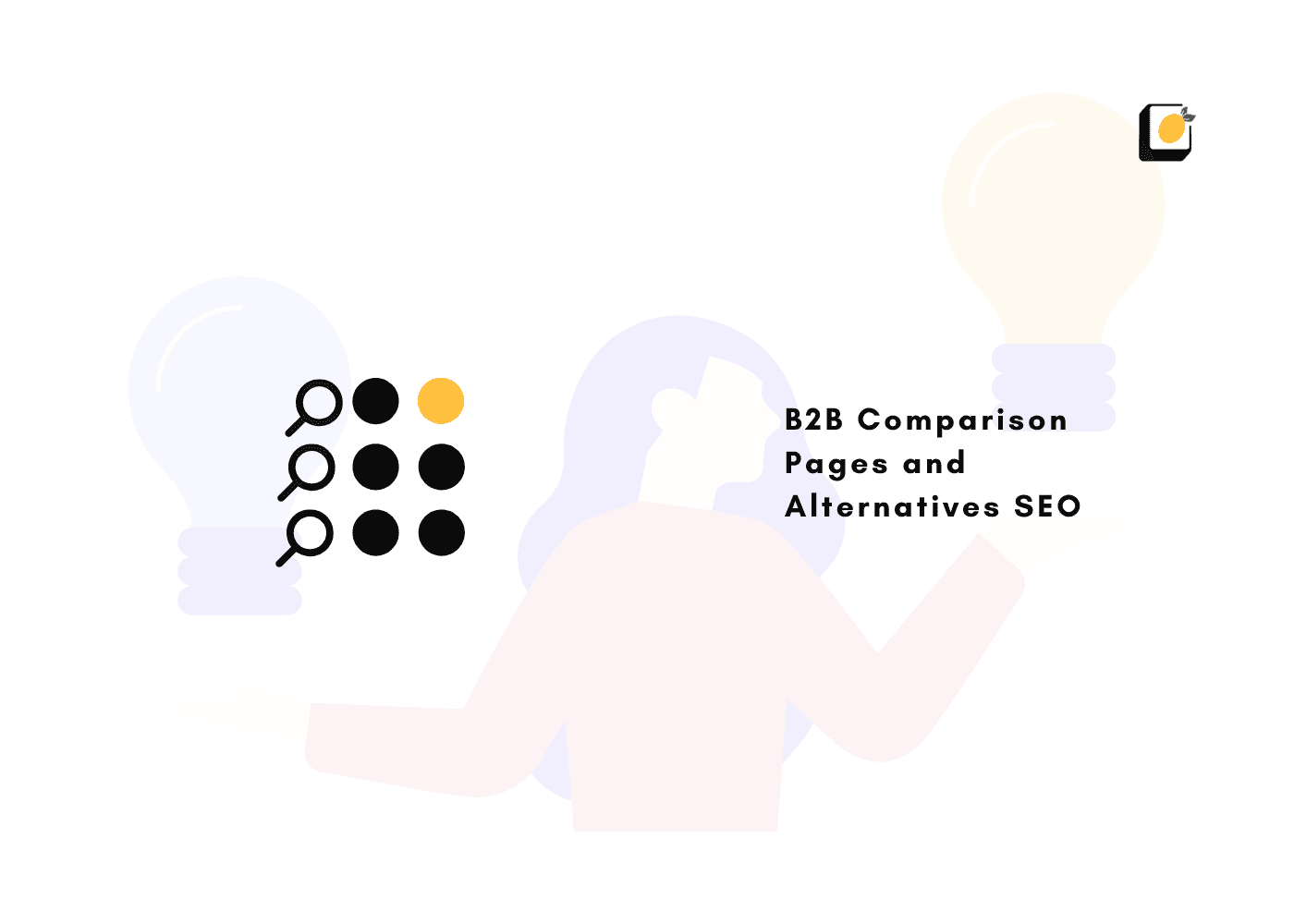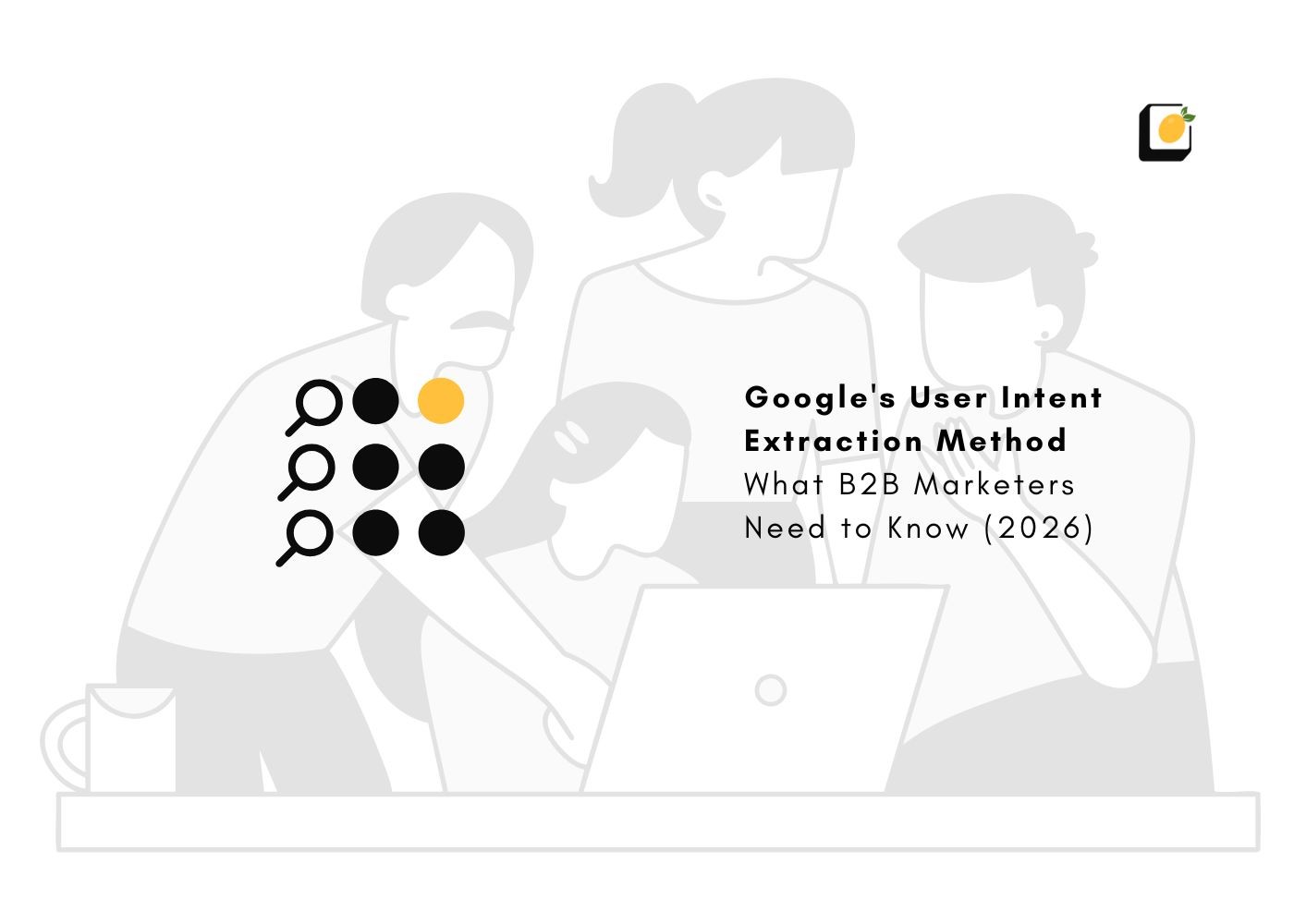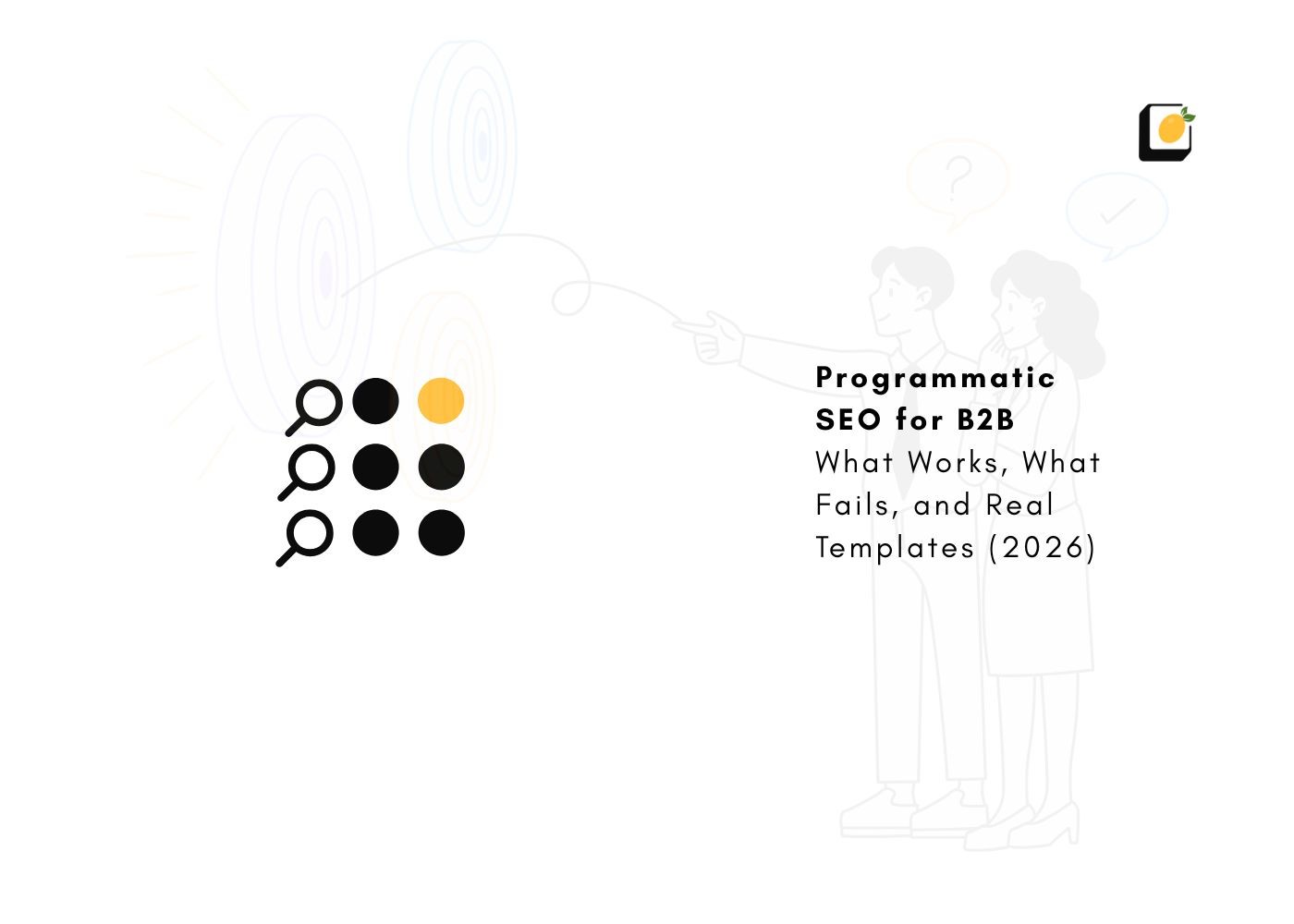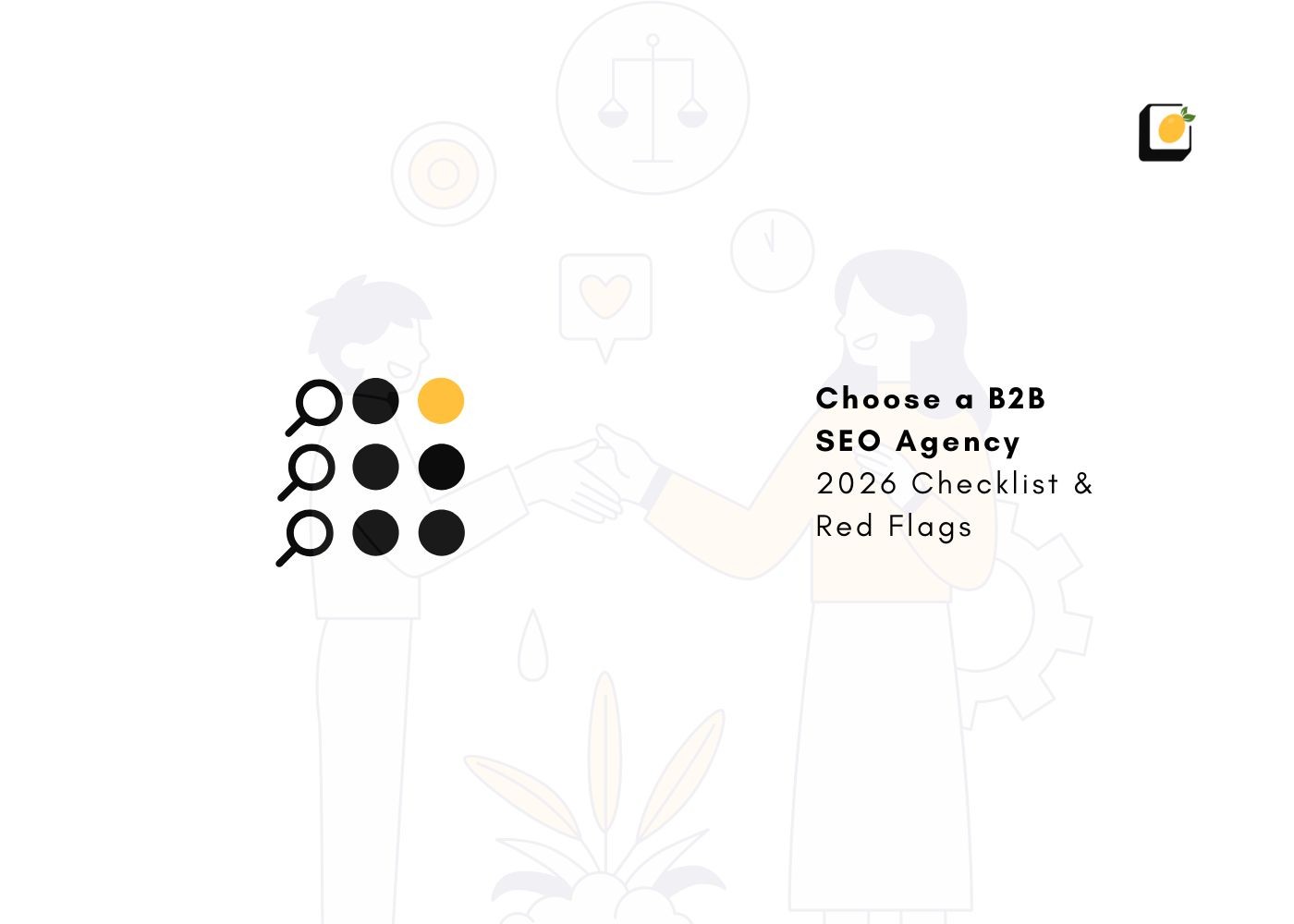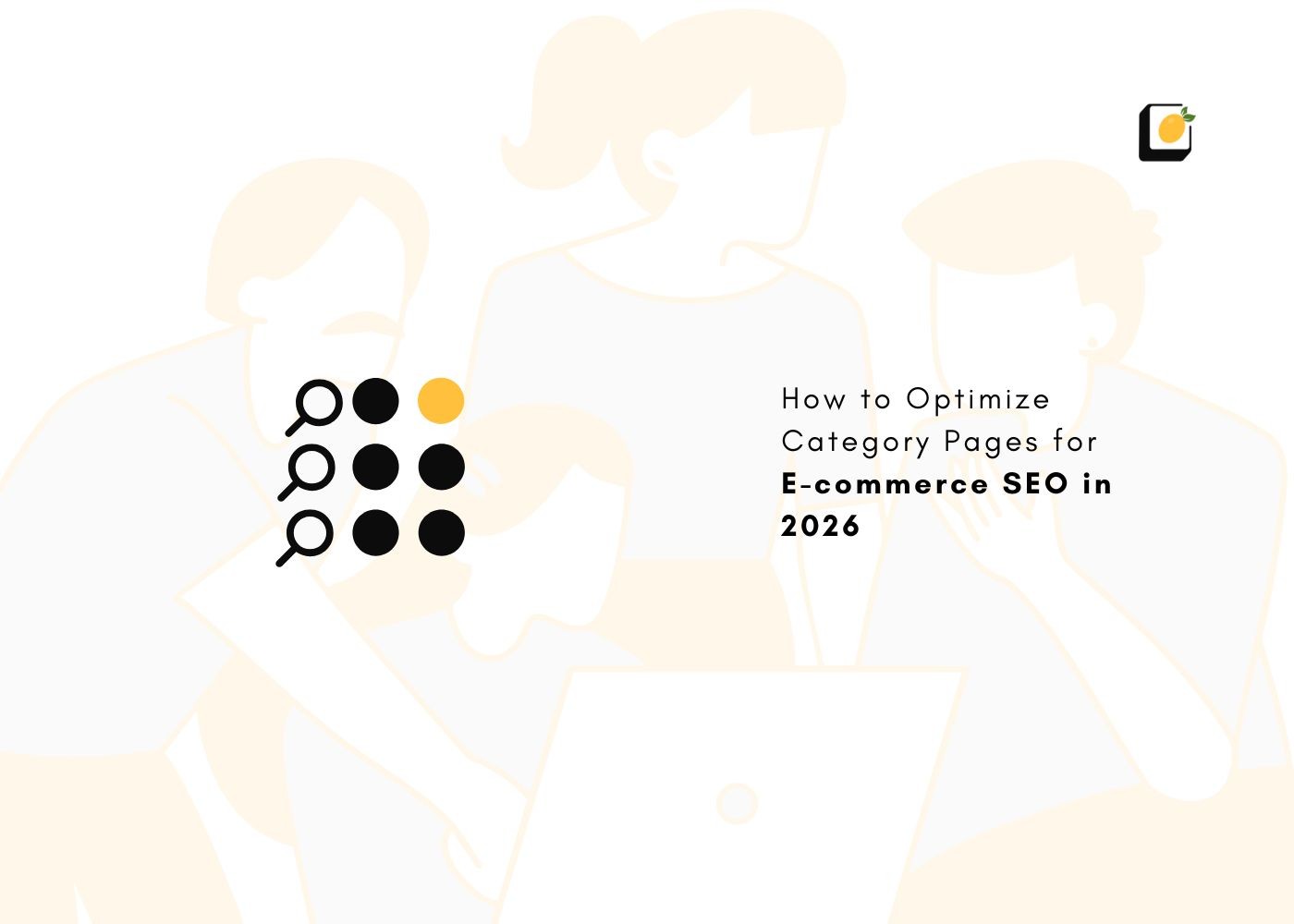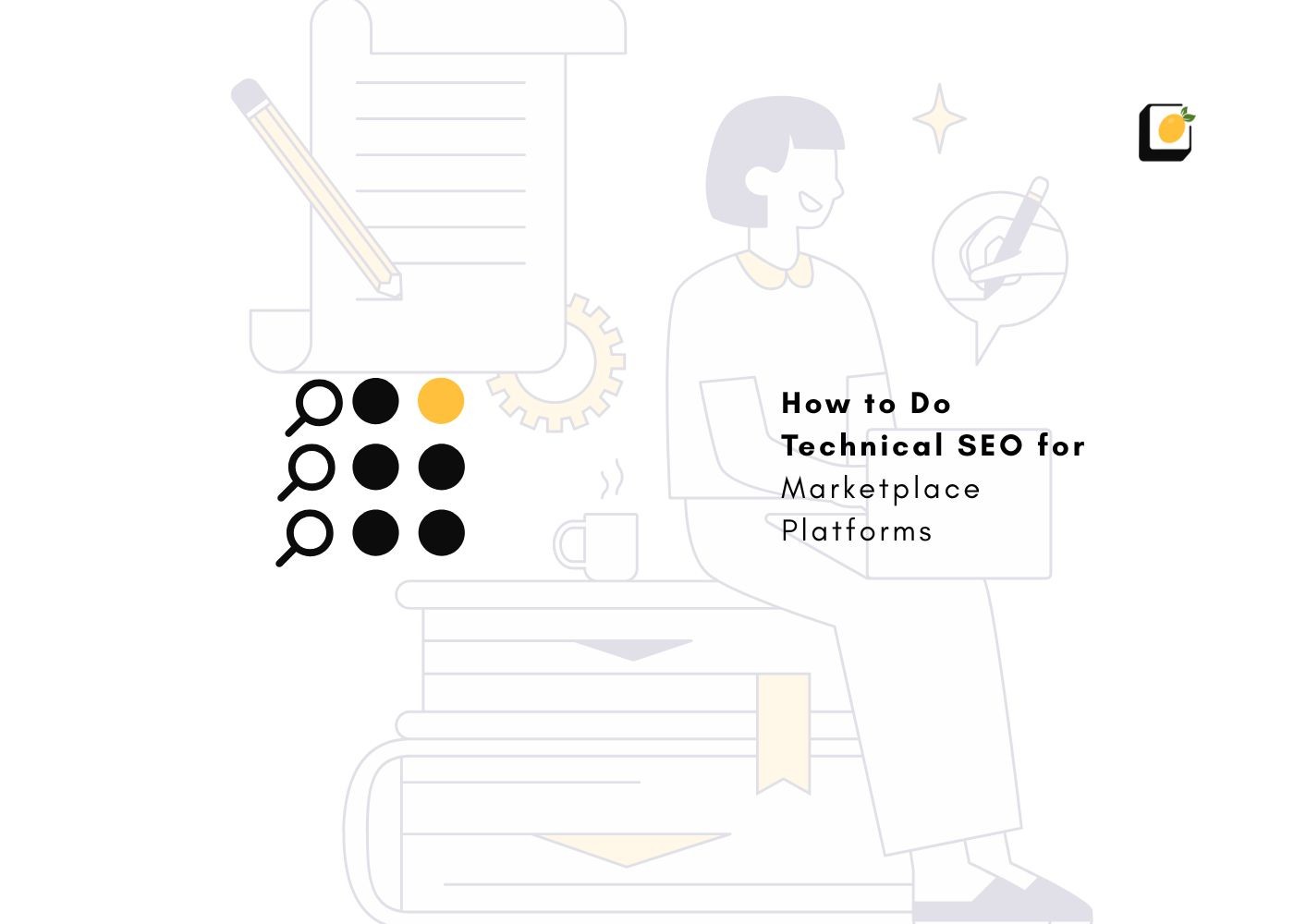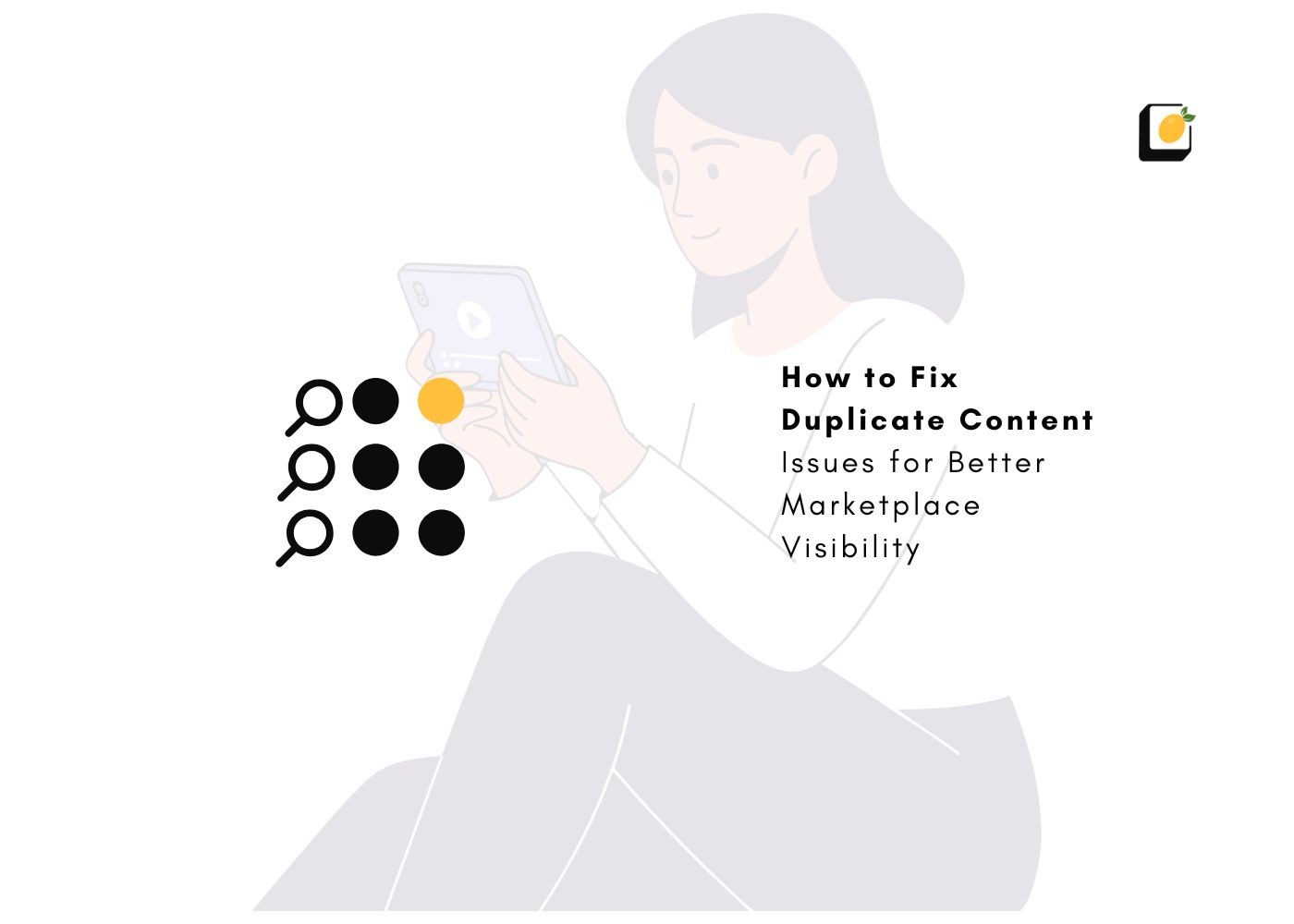GEO vs. SEO: The Complete Guide to Optimizing for Both Traditional and AI Search Engines
July 30, 2025
Join 500+ brands growing with Passionfruit!
Search engines and AI tools now compete for the same users. Traditional SEO (Search Engine Optimization) built your website traffic through Google rankings. Now, GEO (Generative Engine Optimization) determines whether AI systems like ChatGPT, Claude, and Bard cite your content when answering user questions.
Smart marketers optimize for both systems because users switch between traditional search and AI tools throughout their decision-making process. Someone might ask ChatGPT for investment advice, then Google specific fund managers, then return to AI for portfolio comparisons.
This guide shows you exactly how generative engine optimization and AI search optimization work together with traditional SEO tactics. You'll understand the practical differences between SEO vs GEO, see real examples of what works, and get a step-by-step action plan for dominating both channels.
What Is Generative Engine Optimization and How Does It Differ From SEO?
The fundamental difference lies in how users consume information. Traditional SEO drives people to your website, where they read your content directly. GEO gets your expertise embedded within AI-generated answers that users receive without ever visiting your site.
Understanding Traditional SEO Mechanics
Traditional SEO targets search engine algorithms that rank web pages based on relevance, authority, and technical performance. When someone searches "marketing budget template," Google displays ranked results. Users click through to websites, spend time reading, and potentially convert into customers.
Success metrics focus on website traffic: rankings, clicks, time on page, and conversion rates. Your content succeeds when people visit your site and take desired actions like subscribing, purchasing, or contacting your business.
How Generative Engine Optimization Functions
GEO targets AI systems that synthesize information from multiple sources to create original responses. When users ask "How should I allocate my marketing budget?", AI tools reference various expert sources to provide comprehensive answers without sending users elsewhere.
Success means getting cited as a trusted source within AI responses. Your business name, methodologies, or key insights appear in answers that thousands of users see daily. This builds authority and drives indirect traffic through brand recognition.
Core Differences in Strategy and Execution
Aspect | Traditional SEO | Generative Engine Optimization |
Primary Goal | Drive website traffic | Get cited in AI responses |
User Journey | Click → Browse → Convert | Ask → Receive → Research |
Content Focus | Keyword optimization | Comprehensive expertise |
Success Metrics | Rankings and clicks | Citations and brand mentions |
Timeline | 3-6 months for results | Immediate but hard to track |
Why Both SEO and Generative Engine Optimization Matter for Modern Businesses
User behavior now spans multiple information sources during single research sessions. A software buyer might ask ChatGPT about industry trends, Google-specific vendor comparisons, check LinkedIn for peer recommendations, and then return to AI for implementation advice.
SEO Continues Driving Measurable Business Results
Google processes 8.5 billion searches daily with clear commercial intent. People search for "CRM software pricing" when they're ready to evaluate options. Traditional SEO captures this high-intent traffic through targeted landing pages and product content.
SEO provides a predictable ROI when executed correctly. A well-optimized blog post ranking for "email marketing best practices" can generate 10,000+ monthly visitors for years. This compounding effect creates valuable digital assets that continue producing leads and sales.
Local businesses especially benefit from traditional SEO since "near me" searches and Google Maps integration directly drive foot traffic and phone calls. AI tools can't replace location-based search behavior that leads to immediate business transactions.
GEO Captures the Growing AI-First Audience
47% of professionals now use AI tools for work-related research, according to recent surveys. These users prefer conversational interfaces over browsing multiple websites. Early GEO optimization positions your brand as the go-to expert that AI systems recommend.
AI-generated responses reach users who never would have found your website through traditional search. Your expertise influences purchasing decisions and shapes industry conversations without requiring direct website visits.
The Integration Creates Compound Benefits
Google and Microsoft integrate AI features into search results, blending traditional listings with AI-generated summaries. Optimizing for both systems ensures visibility regardless of how search interfaces develop.
Brand authority built through GEO citations improves traditional SEO performance. When AI tools consistently reference your expertise, this signals topical authority that search engines recognize and reward with higher rankings.
How Do SEO and GEO Strategies Actually Work in Practice?
Successful digital marketing now requires parallel optimization strategies that serve both traditional search engines and AI systems. The tactics differ significantly, but the foundation remains consistent: creating genuinely valuable content that demonstrates expertise.
Proven SEO Tactics That Drive Results
Keyword research using tools like Ahrefs and SEMrush identifies what your target audience actively searches for. Focus on terms with commercial intent and manageable competition levels. Long-tail keywords often provide better ROI than highly competitive head terms.
Strategic keyword placement maximizes ranking potential:
Include primary keywords in title tags (H1) and meta descriptions
Use keywords in the first 100 words to signal immediate relevance
Incorporate semantic variations throughout headers (H2, H3) naturally
Maintain 1-2% keyword density without sacrificing readability
Optimize URLs with target keywords using readable, descriptive slugs
Technical SEO fundamentals remain critical for performance. Page loading speed under 3 seconds, mobile responsiveness, proper schema markup, and clean site architecture directly impact rankings. Internal linking between related content helps search engines understand your site's topical authority.
Link building through valuable content creation earns natural backlinks from industry publications, blogs, and resource pages. High-quality backlinks from relevant domains act as credibility signals that improve rankings across your entire site.
Effective GEO Strategies for AI Visibility
Create comprehensive content that answers questions completely rather than forcing users to visit multiple sources. AI systems favor content that provides thorough coverage of topics with supporting data and examples.
Structure information for AI comprehension:
Use clear headers that summarize key points in each section
Include specific statistics and data points that AI can reference
Provide step-by-step processes with numbered or bulleted instructions
Add context and background information that helps AI understand nuances
Cite credible sources to establish content reliability
Build topical clusters by creating multiple pieces of content around related subjects. If you're a financial advisor, publish content about retirement planning, investment strategies, tax optimization, and estate planning. This comprehensive coverage signals expertise that AI systems recognize and reference.
Content Formats That Excel in Both Channels
Long-form guides and tutorials perform exceptionally well for both SEO and AI search optimization. These comprehensive resources naturally include relevant keywords while providing the depth that AI systems prefer for citations.
Data-driven case studies demonstrate real-world application of concepts, making them valuable for both search rankings and AI references. Include specific metrics, timelines, and outcomes that both systems can extract and utilize.
FAQ sections address common questions using natural language that matches how people ask AI tools for information. This format serves traditional search intent while providing easily extractable information for AI responses.
What Are the Biggest Challenges and Opportunities in This New Search Landscape?
The shift toward AI-mediated information consumption creates both obstacles and advantages for businesses willing to adapt their content strategies. Understanding these dynamics helps prioritize resources and set realistic expectations.
Attribution and Measurement Difficulties
AI tools rarely provide clear source attribution when generating responses, making it difficult to track when your content influences user decisions. Unlike traditional SEO, where Google Analytics shows exact traffic sources, GEO impact often appears as indirect signals like increased brand searches or direct website visits.
Monitor these alternative metrics for GEO success:
Brand name search volume increases in Google and other search engines
Direct traffic growth from users who discovered you through AI tools
Social media mentions and engagement from people sharing AI-generated content that cited your expertise
Inbound link growth from websites referencing your insights
Sales inquiries mentioning specific concepts from your content
Higher Content Quality Standards
AI systems are trained on millions of high-quality sources, making them naturally selective about which content they reference. Surface-level content gets ignored while comprehensive, expert-level resources gain frequent citations.
This creates significant opportunities for businesses willing to invest in authoritative content creation. Companies that consistently publish detailed, well-researched content will establish dominant positions before competitors recognize the importance of generative engine optimization.
Quality requirements include:
Original research and data that can't be found elsewhere
Expert insights from practitioners with proven track records
Comprehensive coverage that addresses topics thoroughly
Current information updated regularly to maintain accuracy
Clear, conversational writing that AI systems can easily parse and reference
First-Mover Advantages in Emerging Markets
Most businesses focus exclusively on traditional SEO, creating opportunities for early GEO adopters. The companies that start optimizing for AI search now will establish authority positions before their competitors understand the importance of this channel.
AI search volume grows rapidly as more professionals integrate these tools into their daily workflows. Early optimization efforts compound over time as AI systems learn to associate your brand with specific topics and expertise areas.
Winner-Takes-Most Effects
AI tools typically provide single, comprehensive answers rather than multiple options like traditional search results. Being the primary source referenced by AI systems provides much greater value than ranking #2 or #3 in Google.
This concentration of attention rewards businesses that achieve top-of-mind status within AI training data and response generation. Consistent citation by multiple AI tools creates a reinforcing cycle where your authority grows across the entire ecosystem.
Key Takeaways
SEO targets search engines for website clicks, while GEO targets AI systems for content citations.
AI search provides immediate answers instead of requiring users to browse multiple websites.
Both strategies remain essential as Google integrates AI features with traditional search results.
Content quality requirements are higher for AI systems than for traditional search engines.
Early GEO adoption creates competitive advantages before widespread market recognition.
Success metrics shift from click-through rates to brand mentions and indirect traffic patterns.
Frequently Asked Questions
1. What is the main difference between SEO and GEO?
SEO optimizes for traditional search engines like Google to drive website traffic through rankings and clicks. GEO optimizes for AI systems like ChatGPT that generate complete answers using your content as source material. SEO success means getting people to visit your website, while GEO success means getting cited within AI-generated responses that users see directly.
2. Do I still need SEO if I'm doing generative engine optimization?
Yes, traditional SEO remains crucial because Google still processes billions of daily searches and drives massive website traffic. AI search is growing rapidly but hasn't replaced traditional search behavior completely. The smartest approach combines both strategies since Google and other search engines are integrating AI features, creating a blended search experience that rewards optimization for both systems.
3. How do I measure success with GEO compared to SEO?
Traditional SEO metrics include rankings, organic traffic, and click-through rates that are easy to track with tools like Google Analytics. GEO measurement is more challenging because AI tools rarely provide clear attribution. Look for increases in direct website visits, brand name searches, social media mentions, and overall brand authority indicators rather than specific traffic sources.
4. What type of content works best for both SEO and AI search optimization?
Comprehensive, conversational content that answers questions completely performs well for both systems. Focus on creating in-depth resources with clear structure, natural language, specific examples, and expert-level information. Both SEO and GEO favor content that demonstrates topical authority, uses semantic keywords naturally, and provides genuine value to readers seeking information.
5. Is GEO more important than SEO for new businesses?
New businesses should prioritize SEO first because it provides measurable, predictable traffic that directly impacts revenue. However, incorporating GEO strategies from the beginning positions you advantageously as AI search grows. Start with solid SEO fundamentals like keyword research and quality content creation, then enhance that content to work well for AI search optimization systems.
6. How often should I update my content for both SEO and GEO?
Regular content updates benefit both strategies by maintaining accuracy and relevance that search engines and AI systems value. Update evergreen content quarterly to refresh information, add new insights, and improve performance. Monitor industry changes monthly and update content immediately when significant developments occur in your field, as both traditional search engines and AI tools favor current, accurate information.



